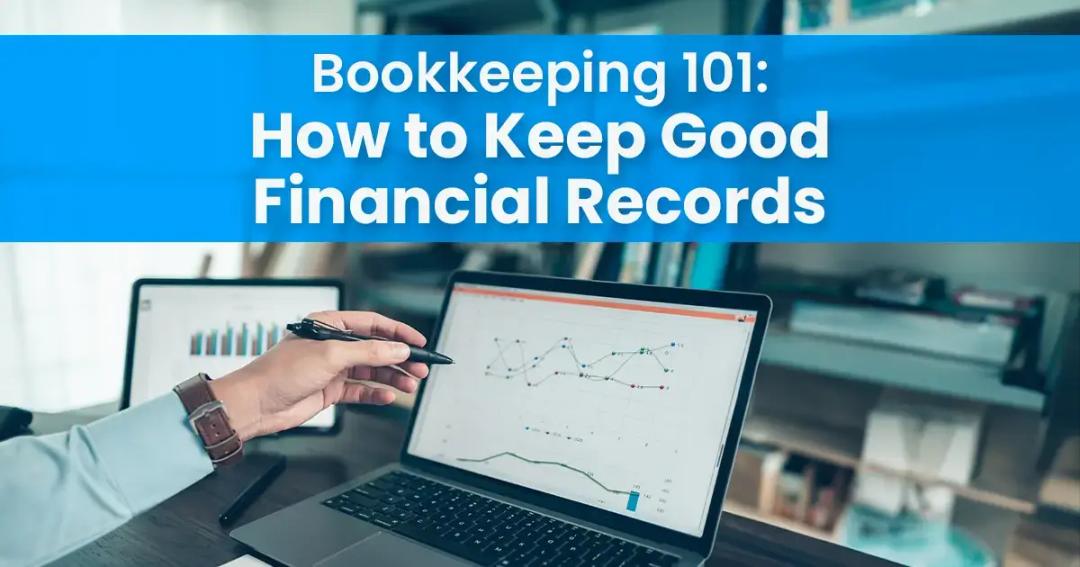
If there’s one thing that small business owners and entrepreneurs need to know right off the bat - it’s how to maintain their records.
Sloppy financial records can spell disaster for small businesses. If you can’t keep up with your books, you’ll find yourself in trouble further down the line if you ever run into tax questions, inconsistent figures, or an IRS audit.
Statistics show that up to 60% of small business owners feel they don't have a good understanding of their accounting and bookkeeping. Another 58% of small business owners report that they dislike having to balance their books.
Despite these statistics, maintaining your financial records is of the utmost importance for every business owner. No matter what you’re selling or how small you’re starting. You need to keep track of every receipt for business expenses, miles you’re putting on your car, cell phone usage for business use, and so much more.
Whether you’re just starting out, or looking to improve your small business bookkeeping, here are some tips on how to proceed.
How to Keep Track of Your Bookkeeping
Step one is deciding which records you need to keep, and how you’ll keep track of them in a way that is easiest for you to understand. There are several different types of accounting reports for small businesses. Here are just a few ways to stay on top of your information:
- Manually enter figures into a physical ledger
- Use the 1800Accountant portal - or another kind of software
- Create a bookkeeping spreadsheet
Outside of a contracted HR person or accountant, software is a small business owner’s best friend. Software can generate quarterly or yearly reports for you based on your inputs, categorize your expenses, and give you a leg up when it’s time to submit your taxes - providing tidy printouts of everything you need.
Like with all digital data, make sure to create backups of everything. That way, you guard against crashes, hacks, or other terminal disasters that will destroy your records.
Well-kept Books Can Help Improve Your Tax Strategy
The biggest piece of advice for new business owners is to open a separate business bank account for your business! When you file your tax return, you’ll need to have all your records categorized anyway - so might as well ensure they stay that way all year. Having your finances separated by personal and business makes it very easy to prove expenses were for the business and used as such. Nobody wants to be audited - but having the two accounts is a huge benefit for yourself and the IRS - if an audit were to happen.
The separations of accounts will be much appreciated should you find yourself hiring an accountant or HR professional. Accurate and well-kept books will help your accountant advise you on better tax strategies, which ultimately save you money.
Partner with an Accounting Expert
Understanding the importance of maintaining clean and accurate financial records is crucial to your small business's success. It may seem overwhelming, and it's true that working with finances can be difficult, which is where partnering with accounting experts like 1-800Accountant can help. Precise bookkeeping provides a clear picture of your financial health, enables strategic planning, and ensures tax compliance. When you leverage 1-800Accountant’s expertise, you gain peace of mind knowing your records are in good standing, which leaves you free to focus on growing your business.
This post is to be used for informational purposes only and does not constitute legal, business, or tax advice. Each person should consult his or her own attorney, business advisor, or tax advisor with respect to matters referenced in this post. 1-800Accountant assumes no liability for actions taken in reliance upon the information contained herein.
